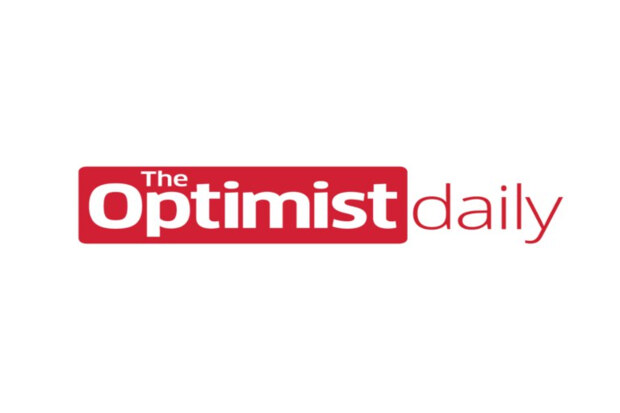When it comes to traditional business everything boils down to dollars and cents. Success is judged by profit, failures make no money and winners make lots of it. But in the 21st century business isn’t just about profit anymore, people care about how you treat your workers, if your company pollutes, and what you’re doing socially. A movement called social impact investing combines entrepreneurship with social benefits, and is a win-win for the public and private sector.
 Nicolas Hazard and his initiative CALSO from San Francisco tackles health care issues and joblessness with at the same time. There are a multitude of reasons that keep people from working, almost seldom is laziness. CALSO starts profitable companies, hires people deemed by the government as ‘unemployable’ and guarantees them a job for two years. A similar model, Groupe SOS, has been working in France for years and has an 85 percent success rate—meaning that 85 percent of individuals who enter into the program, after two years, reintegrate into society and have a normal life. Additionally, Groupe SOS found that for every Euro invested in job creation, taxpayers saved 2.5 Euros in social benefits.
Nicolas Hazard and his initiative CALSO from San Francisco tackles health care issues and joblessness with at the same time. There are a multitude of reasons that keep people from working, almost seldom is laziness. CALSO starts profitable companies, hires people deemed by the government as ‘unemployable’ and guarantees them a job for two years. A similar model, Groupe SOS, has been working in France for years and has an 85 percent success rate—meaning that 85 percent of individuals who enter into the program, after two years, reintegrate into society and have a normal life. Additionally, Groupe SOS found that for every Euro invested in job creation, taxpayers saved 2.5 Euros in social benefits.

The One Acre Fund uses social impact investing to drive growth for farmers in East Africa. Using the model of microfinance The One Acre Fund loans and delivers seed and fertilizer to farmers, then trains them on the most efficient way to farm, and finally facilitates harvest sales. The One Acre Fund is a non-profit, but grows through interest paid back on the seed and fertilizer loans. The business structure of The One Acre Fund is more similar to that of a corporate enterprise than traditional not-for-profit business models.

The German based IT consulting firm auticon only employs people in the autism spectrum. Dirk Müller-Remus (left), a former software developer, founded Auticon in 2011 after his son was diagnosed with Asperger’s. Müller-Remus wanted to leverage the benefits of being in the autism spectrum—pattern recognition, precision, logical thinking and an affinity to identify errors. Auticon provides business opportunities that would be difficult to find without the specialized consulting firm.
Combining private sector practices with social impact goals is having great success from the hills of San Francisco to the rural jungles of Kenya. These new models are proving that business models are contently growing, adapting, and reinventing themselves. The idea of a profitable, socially beneficially enterprise seemed like an oxymoron for years, but is turning to to be the key to success, job creation, and a normal life that has not been available to many for years.












